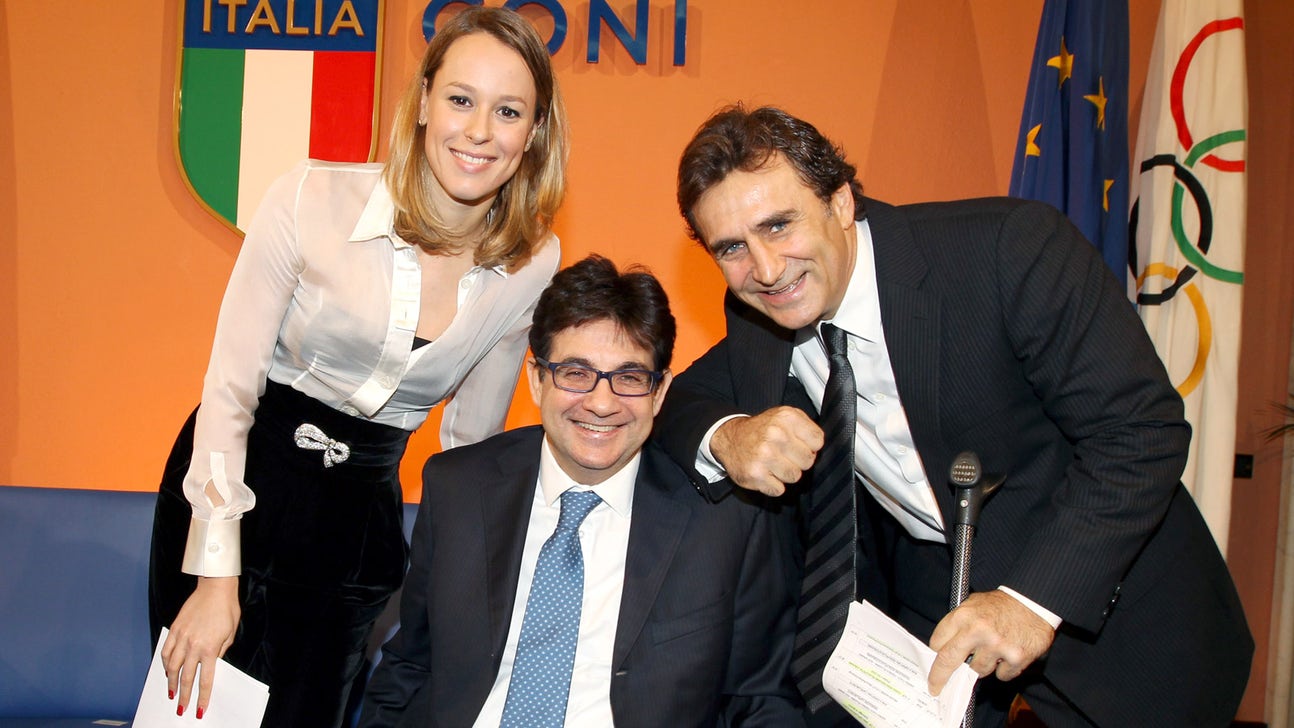
IOC bracing for possible 'overwhelming wave' of 2024 bids

LONDON -- After a troubled 2022 race marred by the withdrawal of several candidates, the IOC is bracing for a possible ''overwhelming wave'' of interest in bidding for the 2024 Olympics.
The International Olympic Committee on Thursday launched a new ''invitation phase'' to work with potential 2024 contenders ahead of the Sept. 15 deadline for formal submission of bids.
So far, Rome and Boston are the only declared candidates, and Germany has said it will submit a bid either from Berlin or Hamburg.
The IOC sent letters to all national Olympic bodies laying out the timeline for the bidding process and inviting them to submit questions and discuss their plans with the Swiss-based committee.
''I hope we are going to have many interested cities coming in our direction,'' IOC executive director of the Olympic Games Christophe Dubi said. ''Whether it's going to be six, seven, 10, or 25 that will be interested, it's very hard to say at this point.''
The introduction of a new, preliminary bidding phase was among the resolutions approved by the IOC in December as part of President Thomas Bach's ''Olympic Agenda 2020'' reform package.
The aim is to allow more flexibility and give countries and cities the chance to work in ''partnership'' with the IOC to tailor their Olympic plans to their own needs and conditions. Cities are urged to make maximum use of existing and temporary venues.
Dubi said he expects a high level of interest.
''We could have two scenarios,'' he said in a conference call with reporters. ''Either we have only the cities that at this point have a project or have a very strong idea, in which case it will be a decent number but limited.
''Or it could be an overwhelming wave of questions from NOCs saying, 'We'd be really interested to get a view on what it means to organize the games. Can you brief us on the matter?'''
Dubi said the IOC should have a good idea on the numbers by the next executive board meeting in late February in Rio de Janeiro.
In addition to Rome, Boston and the German city, several other potential contenders are weighing 2024 bids. They include Paris; a city or region in South Africa; Budapest, Hungary; Doha, Qatar; and Baku, Azerbaijan.
The host city will be selected in 2017.
The ''Olympic Agenda 2020'' reforms open the door to possible multiple-city, regional or countrywide bids, breaking with the traditional single-city concept. Dubi said the IOC has no ''preconceived judgments'' about possible bid proposals for 2024.
''We have said there are different models and the cities and NOCs would have to be creative,'' he said.
The new process comes amid the bidding for the 2022 Winter Games, whose depleted field has been reduced to two candidates -- the Kazakh city of Almaty and the Chinese capital of Beijing.
Concerns over the costs of the games -- including the reported $51 billion price tag associated with the 2014 Sochi Games -- scared off European bidders. Stockholm, Sweden; Krakow, Poland; Lviv, Ukraine; and Oslo, Norway, all pulled out during the race. Switzerland and Germany dropped planned bids after they were rejected in referendums.
The IOC is now hopeful of a strong and competitive field for 2024.
''Will the invitation phase see more cities being interested?'' Dubi said. ''I think we will, simply because the IOC is being open to explain what can be an impressive and somewhat overwhelming endeavor.
''There is the whole mystique around the complexity of organizing the games. You have a whole industry around the organization of the games. The whole idea is to help the cities understand what are the key dimensions, what they can gain, what has worked in the past, some of the traps to avoid.''